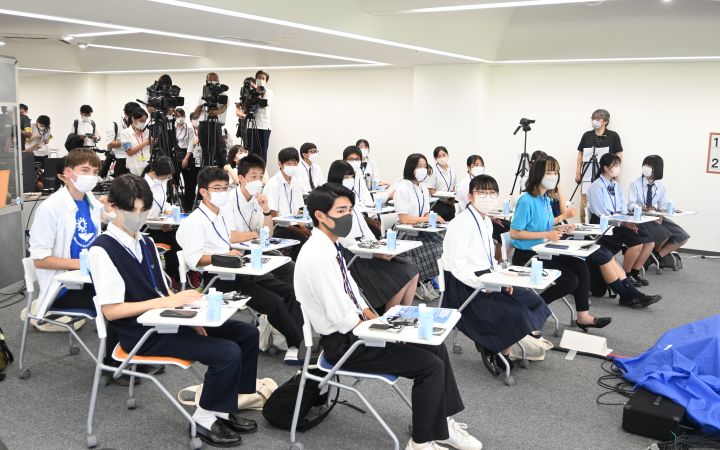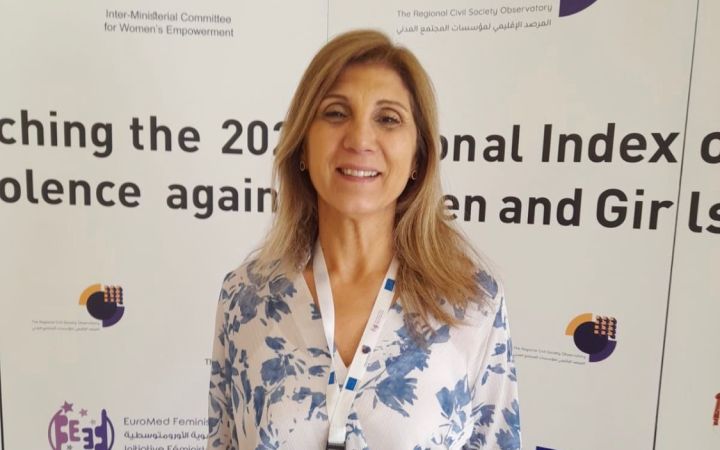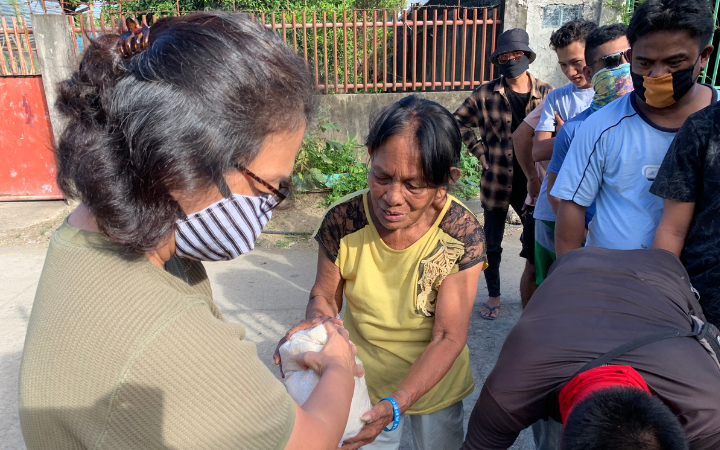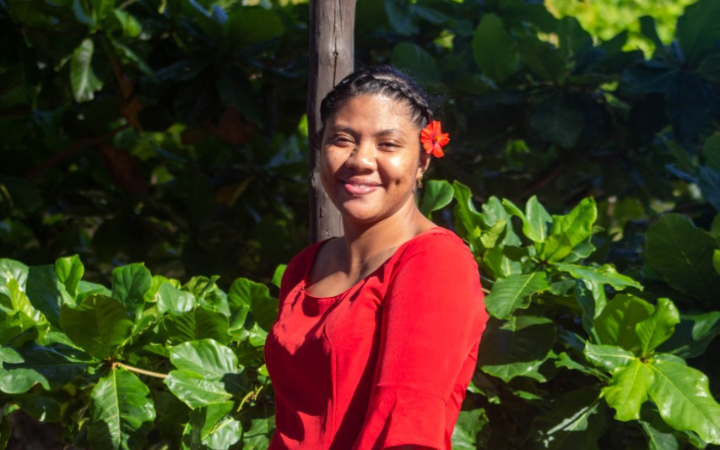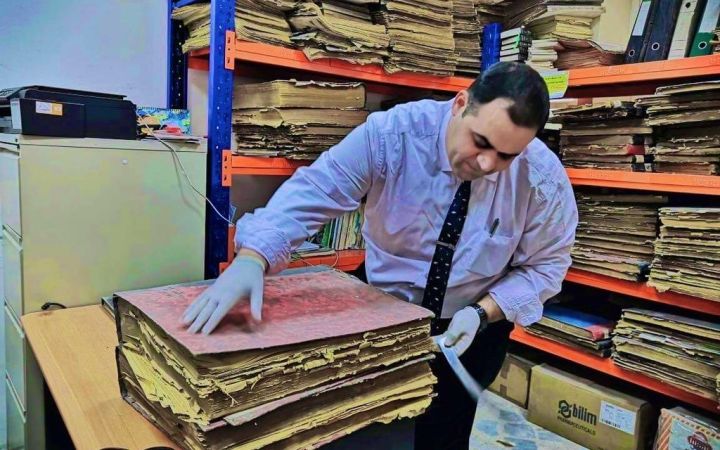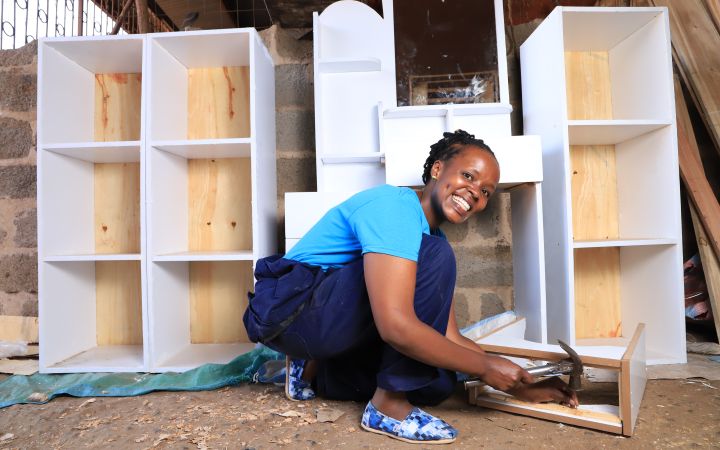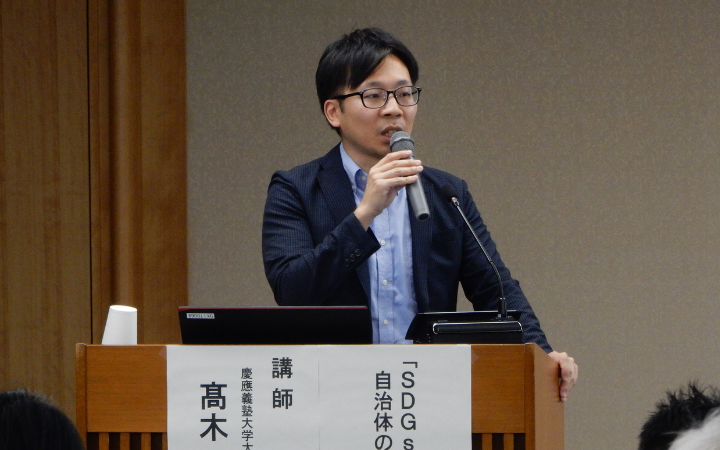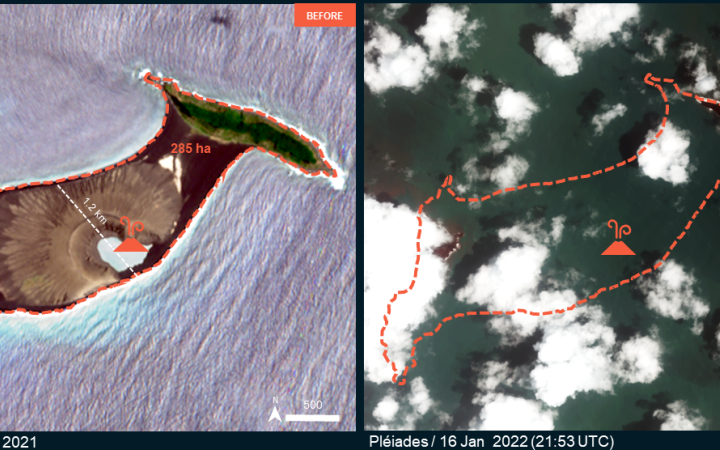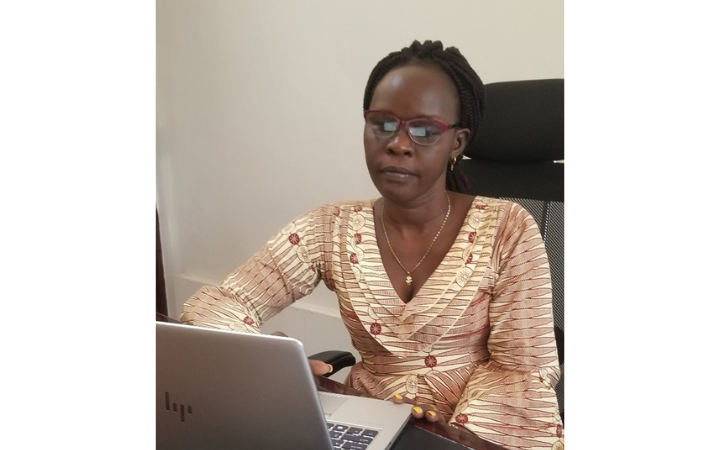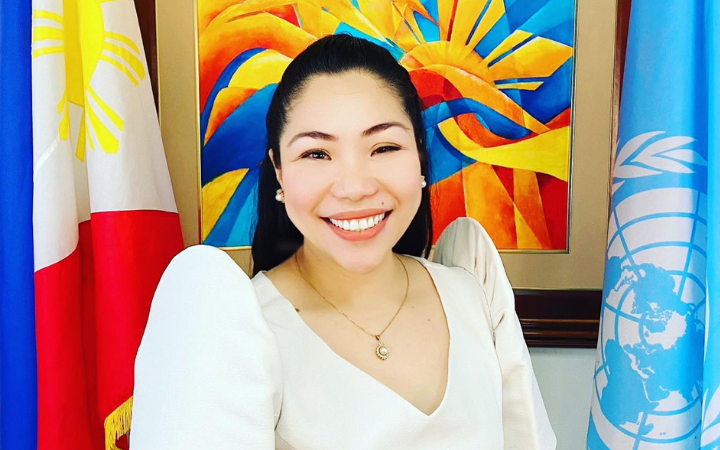Displaying 171 - 180 of 297
September 2022, Hiroshima, Japan – On 6 August 2022, the 77th anniversary of the Hiroshima atomic bombing, Secretary-General António Guterres met with young activists from across Japan for a frank dialogue on nuclear disarmament and non-proliferation. The discussion made an indelible impression on other Japanese youth who were there.
September 2022, Hiroshima, Japan – Joumana El Halabi has been working to promote gender equality and women’s empowerment since 2013. She believes that advancing gender equality and women’s empowerment in Lebanon is hampered by cultural, social and economic values, limited resources and the lack interest among policymakers. Matters have become even more difficult in recent years as the country grapples with an acute economic crisis, significant influx of Syrian refuges (1.5 million people according to UNHCR), the COVID-19 pandemic and political instability.
Ladylyn also volunteers with women leaders in a local government unit to create awareness of DRR-related issues. Currently, she has participated in some meetings with the women’s group and she expects to dedicate more time to her volunteer work in the incoming months.
August 2022, Hiroshima, Japan – Empowering any people who are marginalized in society is no easy task and that is true for the deaf community in Samoa. Maselina Iuta, founding member and project officer for the Deaf Association of Samoa, joined the UNITAR disaster risk reduction programme in her drive to promote representation and inclusion of the deaf community in her country.
July 2022, Hiroshima Japan – In June 2014, the Islamic State of Iraq and the Levant (ISIL/Da’esh), also known as ISIS, attacked the town of Mosul in Iraq, destroying homes, displacing thousands, and claiming the city and everything in it for their own. The residents of Mosul, including Sayf Al Ashqar, lost everything they and their families had built over decades.
June 2022 – In Machakos, Kenya, Mwikali Munyao runs her carpentry business, taking orders online and creating wood furniture for local customers. Mwikali didn’t start off as a carpenter or a business owner, but the COVID-19 pandemic took her job as a customer service representative. It transformed her life.
June 2022, Hiroshima, Japan – “It’s not enough to search for connections with the Sustainable Development Goals (SDGs). We have to put the SDGs to use and update our principles and policies to reflect them,” says Cosmo Takagaki, Project Research Associate at Keio University and Research Associate of United Nations University Institute for the Advanced Study of Sustainability. Cosmo has been a lecturer for the UNITAR Hiroshima Youth Ambassador Program since 2020, and is active as an advisor on the Sustainable Development Goals.
10 June 2022, Geneva, Switzerland - On Saturday 15th January, the ongoing volcanic eruption of Hunga Tonga-Hunga Ha’apai triggered a tsunami across the Pacific. Karen Melnychuck and her sister Laura Jarosz contacted the United Nations Satellite Centre (UNOSAT) with a plea to help them with any information on the island where their mother lived.
June 2022, Hiroshima, Japan – In a country that has gone through multiple wars and conflicts in past decades , it is not easy to create consensus around peacebuilding, get buy-in from citizens and advance it, even drop by drop. Chol Gatkek Tut, Acting Director General for Peace and Social Cohesion, Ministry of Peacebuilding of South Sudan, has been striving to bring people together since she was a teenager.
The Philippines has been committed to and takes pride in its agreement to nuclear disarmament and non-proliferation. The Philippines does not own nor possess and is not in control of nuclear weapon despite its maritime vulnerability as an archipelago.


